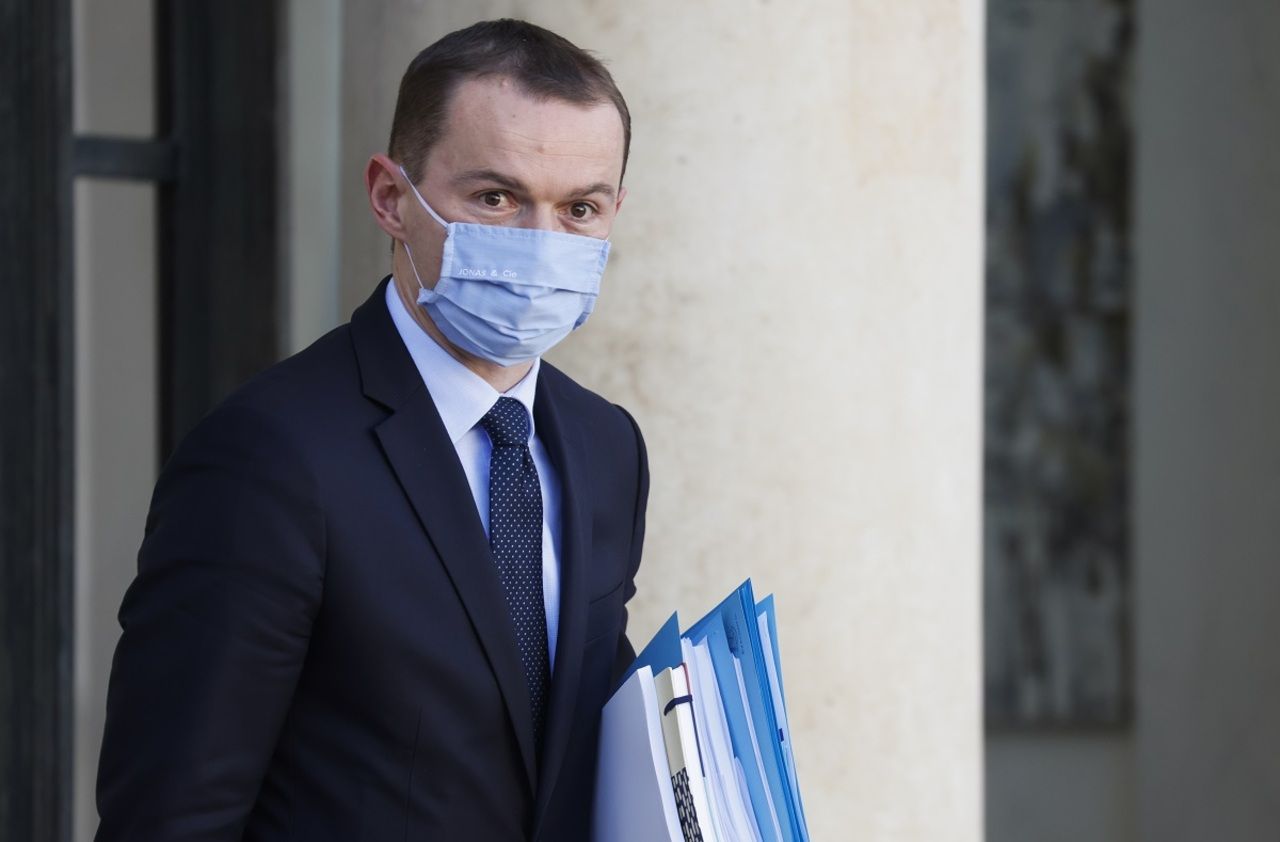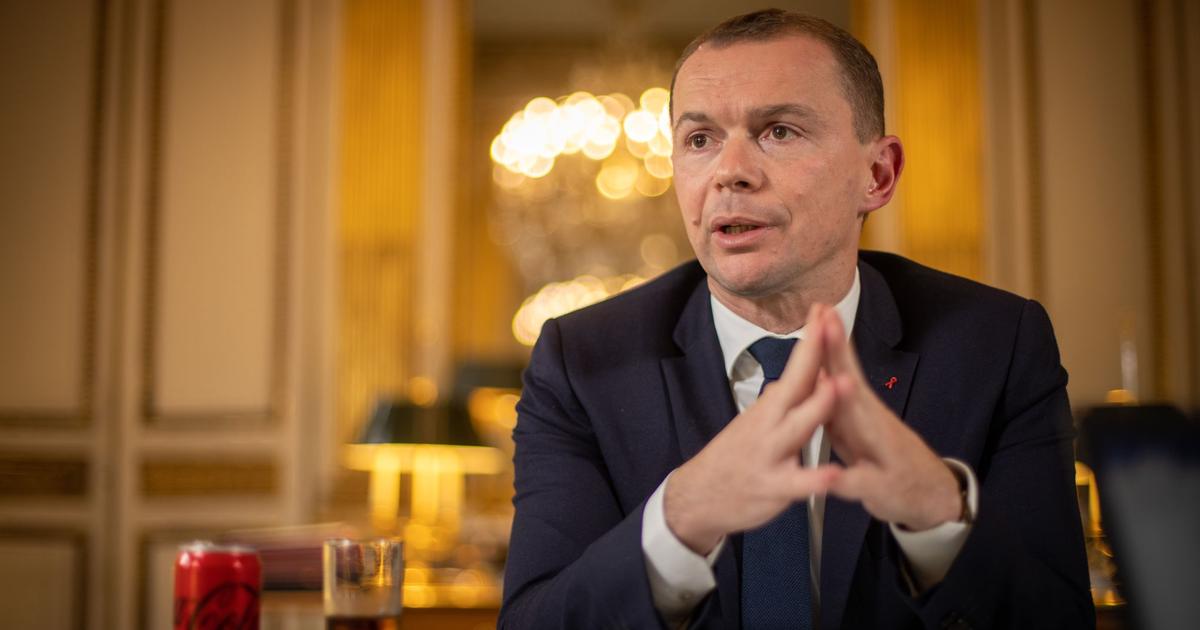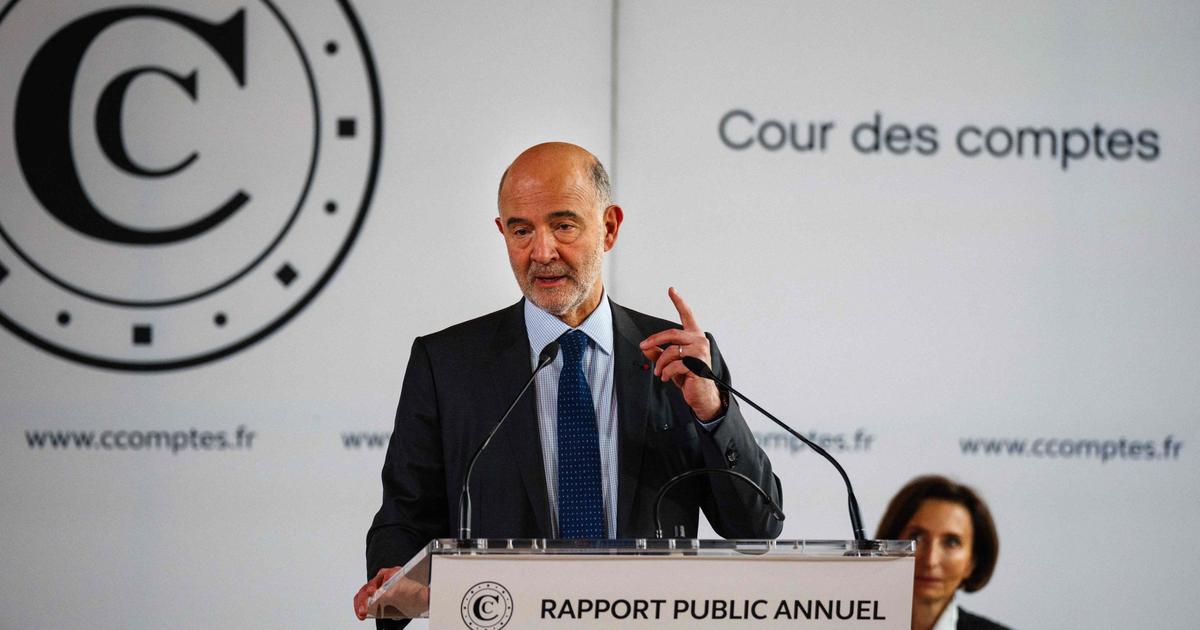Impact of the pandemic on State accounts, Social Security deficit, economic situation of local communities ... Olivier Dussopt, Minister Delegate in charge of Public Accounts, provides an overview of the implementation of the 2020 budget in an interview with Echoes, published this Wednesday.
"If 2021 will mark the end of the crisis and the pandemic as everyone hopes, 2021 must also mark the end of
whatever it costs
(
Editor's note: the mobilization of all the necessary means in the face of the Covid-19 crisis
) ”, he believes, referring to the formula dear to Emmanuel Macron.
“Throughout 2020, we have spent massively to support businesses and the French in the crisis.
This was possible because we were coming out of a year 2019 which had been good from an economic point of view thanks to our action, and because we had cleaned up the accounts since 2017 ”, he explains.
But, "the level of spending that we know today is not sustainable over time," said the minister.
The state deficit widened by 85 billion euros
To cope with the epidemic, the state has incurred 44.1 billion in additional spending, including 41.8 billion in emergency spending, according to figures from Bercy.
The Minister of the Economy Bruno Le Maire had indicated a little earlier on Wednesday that the crisis and the means deployed by the State resulted in "the highest budget deficit in our contemporary history", during a hearing by the National Assembly Finance Committee.
The State deficit - excluding the perimeter of local authorities and Social Security - thus widened by 85 billion euros, from nearly 93 billion last year to 178.2 billion euros.
"To give an idea of the violence of the crisis, it should be remembered that this deficit is almost 30 billion higher than that which we recorded in 2010 after the financial crisis", observes Olivier Dussopt.
This deficit, however, is "less than the November forecast of more than 220 billion euros," admits the minister.
And to explain: “The activity held up better than what we feared.
We had anticipated a drop of 20% for the end of the year due to health measures, but in reality we were closer to -11 to -12% in November, and -7 to -8% in December.
This translates into tax revenue collections that are slightly higher than our forecasts.
"
"RSA expenses increased by 7%"
Local communities have also been less affected by the crisis.
"But the diversity of situations is very strong" according to the territories, nuance Olivier Dussopt.
“The departments have in particular suffered a significant increase in their social spending: we note, at the end of the year, that spending under the RSA increased by 7%.
"
READ ALSO>
The departments facing the abyss of social spending, according to the Court of Auditors
The Social Security deficit should "remain close to the last forecast", despite the increase in spending.
"Social revenues should be a little better than expected, with a wage bill which has also resisted better than what we thought", develops the minister.









